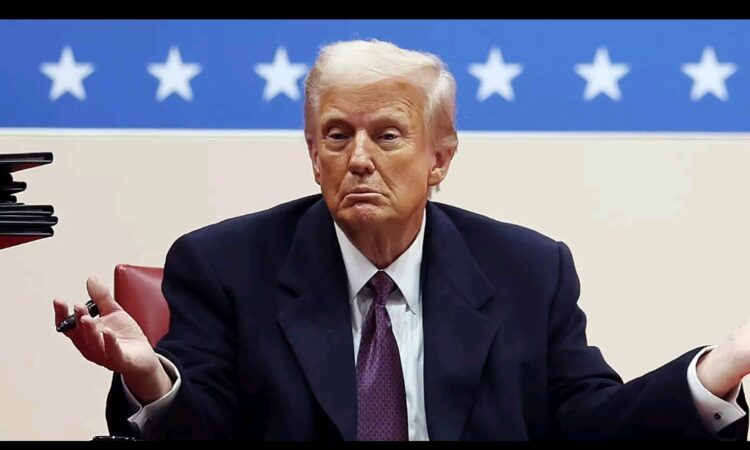
Donald Trump has issued an executive order designating Mexican drug cartels as terrorist organizations, a move aimed at expanding U.S. legal authority to impose sanctions, restrict travel, and take potential military action abroad. This decision revives a controversial idea that has been discussed since the 1980s, during Ronald Reagan’s administration, when drug trafficking was tied to national security concerns.
Trump’s order specifically targets groups like MS-13 and Venezuela’s Aragua Train and is based on the International Emergency Economic Powers Act. Critics argue the designation could harm U.S.-Mexico relations and escalate violence on both sides of the border.
Implications for U.S.-Mexico Relations
Mexican President Claudia Sheinbaum has emphasized maintaining a cooperative relationship with the U.S., grounded in equality, and expects dialogue to address drug trafficking, migration, and arms smuggling. However, analysts warn that military interventions could destabilize the region and damage economic ties with Mexico, one of the U.S.’s largest trading partners.
A Risky Strategy
Experts like Oswaldo Zavala, author of Drug Cartels Do Not Exist, criticize the term “narcoterrorism” as a political tool rather than a reflection of reality. He argues that this narrative simplifies complex issues and could justify militarization and intervention in Mexico. Brian Michael Jenkins from the Rand Corporation adds that labeling cartels as terrorists could provoke organized attacks against Americans.
The Fentanyl Crisis
Fentanyl, a synthetic opioid responsible for 70,000 U.S. deaths in 2023, highlights a paradox: while cartels are blamed, Americans are heavily involved in trafficking and consumption. Zavala points out that the U.S. government’s focus on Mexican cartels overlooks domestic networks involved in the drug trade.
Militarization and Violence in Mexico
The militarization of Mexico’s security strategy since 2006, initiated by former President Felipe Calderón, has led to over 100,000 disappearances and half a million murders. Zavala argues that militarization has exacerbated violence, disproportionately affecting marginalized communities.
The Path Forward
Experts call for demilitarizing Mexico to address the root causes of violence. However, this approach faces challenges as global militarization trends continue to shape policies. Zavala warns against accepting simplified narratives from Washington and stresses the need for a more nuanced understanding of the issue.
This policy shift could have far-reaching consequences for both nations, reshaping their relationship and redefining the war on drugs.




